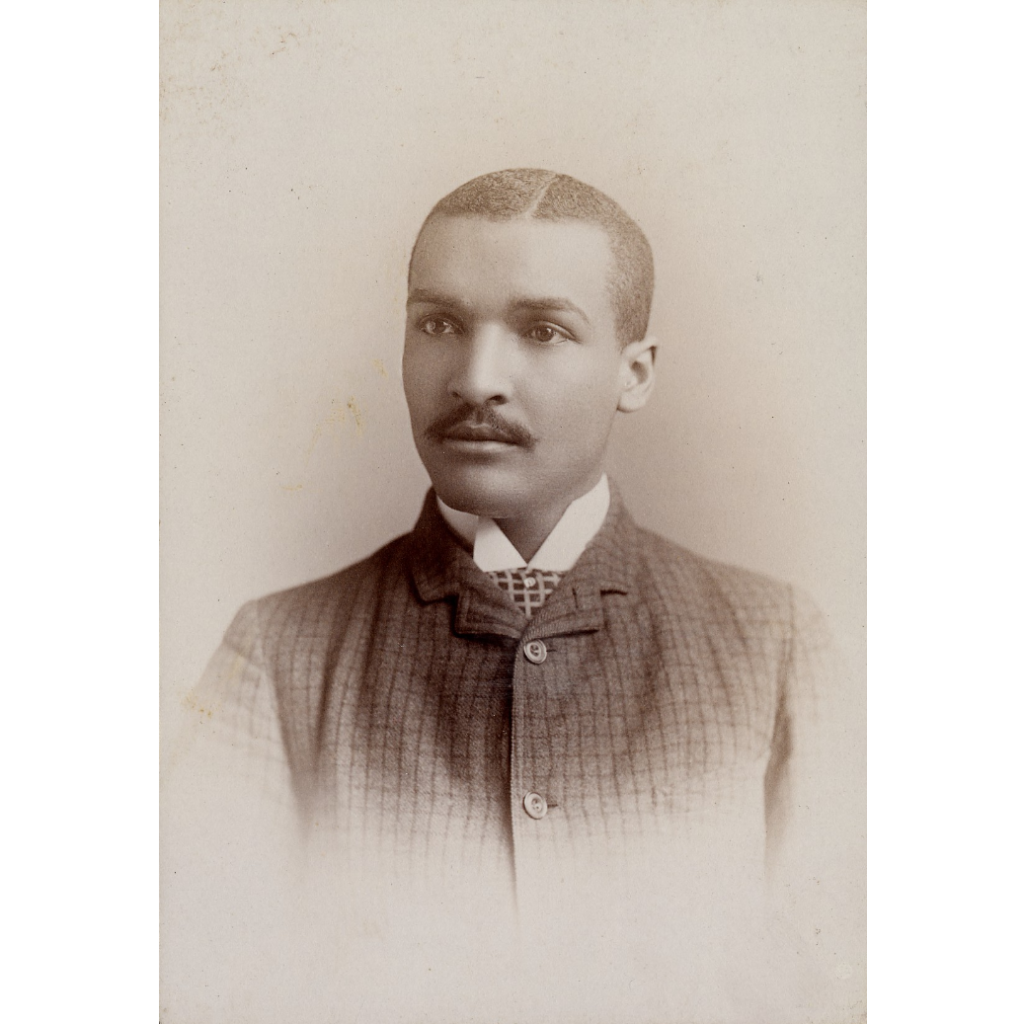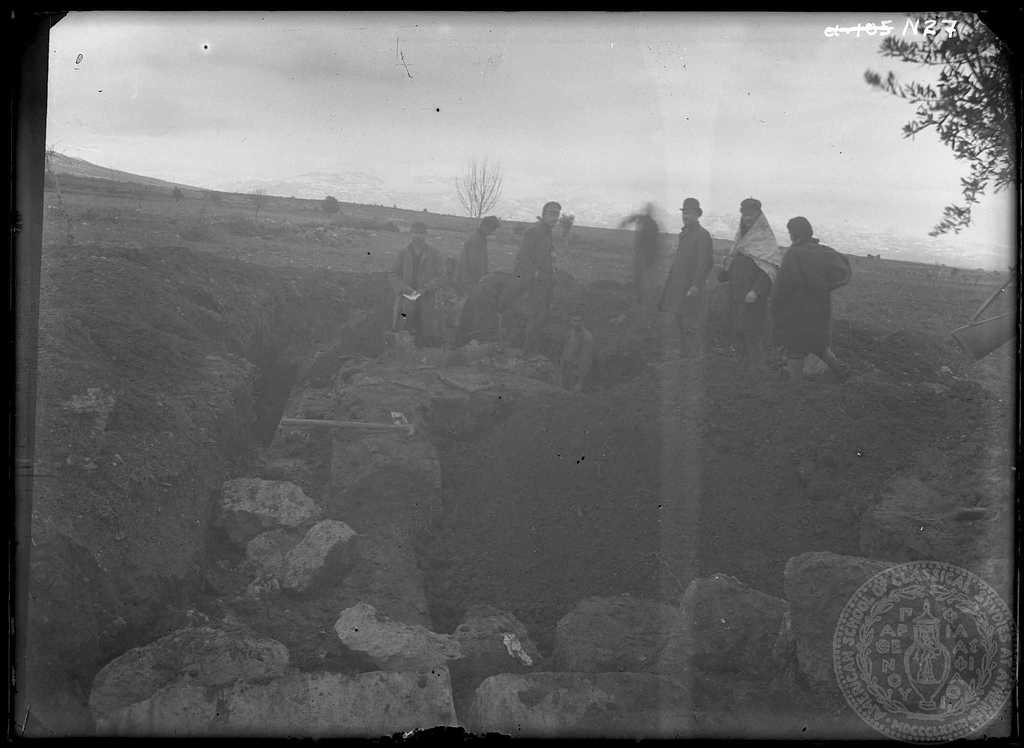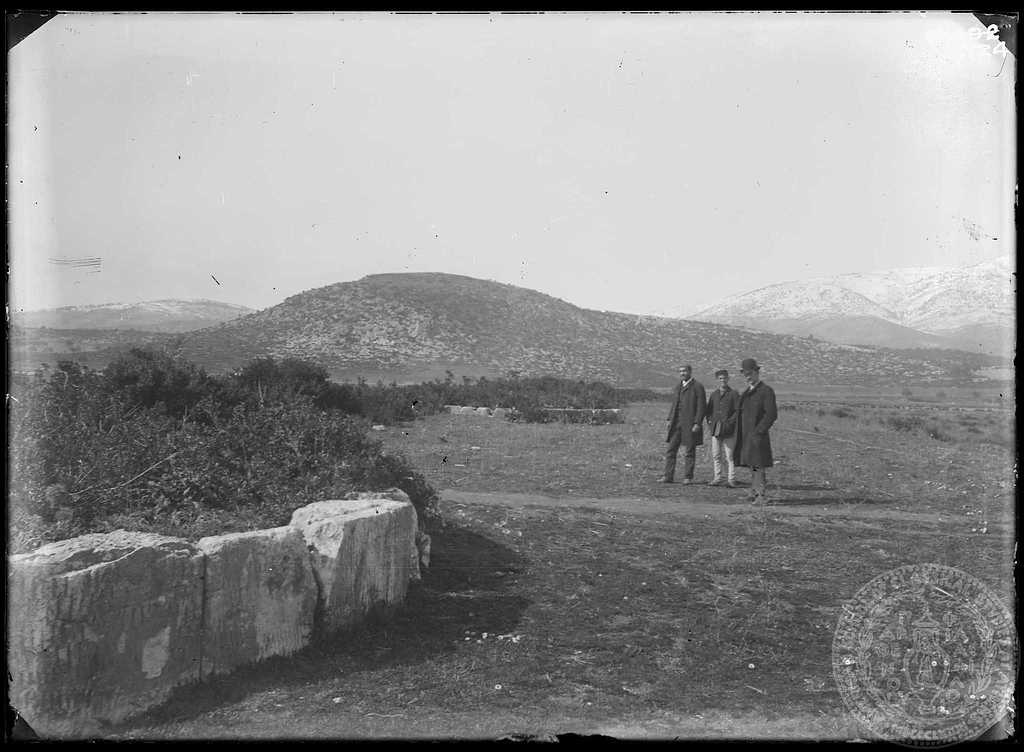
Dr. John W.I. Lee, Associate Professor of Ancient History at University of California Santa Barbara, is completing a book about John Wesley Gilbert, the first African American scholar to attend the American School of Classical Studies at Athens. Dr. Lee shares with us why you should know Professor Gilbert and his pioneering work as an archaeologist.
What got you intrigued about this archaeologist?
I first learned about Professor Gilbert through a biographical profile by Michele Valerie Ronnick, Professor of Classical and Modern Languages, Literatures, and Cultures at Wayne State University. Like Prof. Gilbert, I was a student at the American School in Athens. My library table was in the same room he sat in 1890-91. Years later, I was teaching a course about the Aegean Bronze Age and realized Prof. Gilbert was in Greece the year Heinrich Schliemann, the discoverer of Troy, died—in fact, he attended Schliemann’s funeral. That led me to learn more about African American education and the development of American archaeology in Greece. I traveled to Gilbert’s hometown of Augusta, Georgia to work with archivists and local historians, and tracked down evidence from dozens of archives and libraries in the U.S. and Europe. I thought I would be writing a brief article, but my study of Professor Gilbert’s year in Greece grew into an entire book, which will be published by Oxford University Press.
Please share one anecdote that you see as representative of Gilbert and his work.
It’s tough to choose just one! Professor Gilbert was born into slavery in rural Georgia in 1863 and moved to Augusta after Emancipation. He describes his early education thus: “Six months of the year, I ploughed, hoed, picked cotton, split rails, and spent the other six months in the public schools of Augusta.” This quotation exemplifies his love of learning and his determination to pursue his education no matter the hardships. Prof. Gilbert was fortunate to grew up in Augusta, where black and white citizens worked together in the 1870s to build a strong public school system. Among his primary school teachers was a young graduate of Atlanta University named Lucy Craft Laney, who later became one of Georgia’s most influential educators. Prof. Gilbert’s early schooling was the foundation upon which he built his later career. It also reminds us that he was part of the one of the greatest educational achievements in U.S. history: the rising up of newly-free black Americans in the years after the Civil War.
What do you see as Gilbert’s chief achievements?
Professor Gilbert was the first African American member of the American School of Classical Studies at Athens. He was the first American scholar of any race or ethnicity to write about the urban demes (neighborhoods or districts) of Classical Athens. His thesis, The Demes of Attica, helped him win his AM degree in Greek from Brown University in 1891. He was one of the very first African Americans to receive an advanced degree in Classical Studies (including Archaeology).
Gilbert took part in the American School’s 1891 excavations at the Greek site of Eretria. He was the first African American and one of the first fifty Americans of any race to do professional archaeological work in Greece. Gilbert did an archaeological-topographical survey of Eretria with his American School colleague John Pickard. This was among the very first such surveys that American archaeologists conducted anywhere in the Mediterranean. Pickard and Gilbert’s careful and detailed survey remains of great value today. In later years, Professor Gilbert earned a national reputation as a scholar, educator, civil rights activist, and Christian missionary. His greatest achievement, though, was his three decades of teaching at Paine College in Augusta, GA.
Finally, explain in 50 words or so why this is an archaeologist the public should know more about.
Professor Gilbert overcame racism and poverty to become a pioneer in the field of Classical Archaeology and a national leader in African American education. Any American archaeologist who goes to Greece is walking in the footsteps of Gilbert and the other early students of the American School of Classical Studies at Athens. His commitment to teaching, to his community, and to interracial understanding stands as an example for all of us today.
To learn more about John Wesley Gilbert, check out his profile in the Database of Classical Scholars:
https://dbcs.rutgers.edu/all-scholars/9304-gilbert-john-wesley
To read more about Michele Valerie Ronnick’s work on Prof. Gilbert and other African American Classicists, view her “Black Classicists: A Mural Mosiaic” installation on view at the Center for Hellenic Studies in Washington, DC:
https://chs.harvard.edu/CHS/article/display/6786?menuId=242
Plus previous exhibits:
https://www.newspapers.com/clip/47140431/black-classists-exhibit-2003/
https://www.washingtonpost.com/wp-dyn/content/article/2006/02/01/AR2006020100945.html
To learn more about the rich past of Eretria, visit the Swiss School of Archaeology in Greece:
https://www.esag.swiss/eretria/

